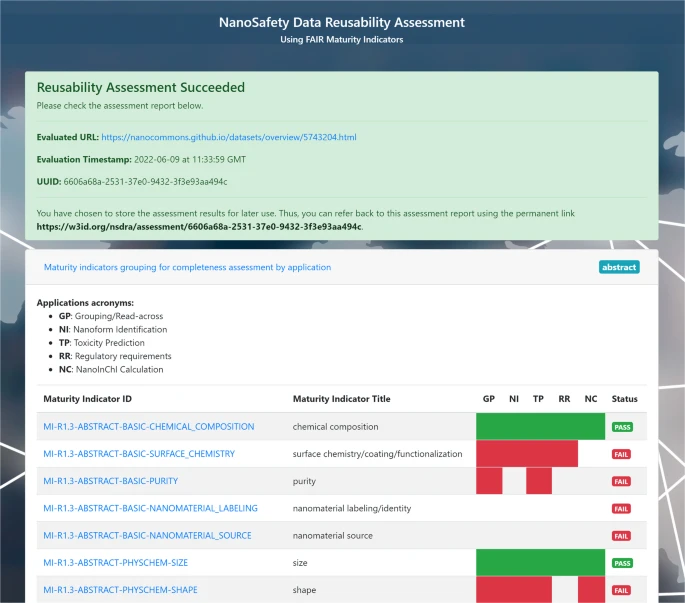-

GoatCounter, Rogue Scholar and more new things
About a year ago I started migrating my blogger.com blog to a git-version-controlled, Markdown-based blogging platform. I have to say, it has been a happy year. It actually is awesome to port old blog posts (follow that here) and to see what I have been working on some 17, 18 years ago. -

cdk2024 #3: an unexpected downstream project
In the CDK2024 grant we wrote about updating various software projects using the Chemistry Development Kit. We even wrote that “[r]equired API changes will be publicly shared and disseminated with the Groovy Cheminformatics with the Chemistry Development Kit book (egonw.github.io/cdkbook/)”. The Groovy Cheminformatics with the Chemistry Development Kit book is a project that has run since 2009. -
Two meetings: ELIXIR Toxicology and FAIR4ChemNL
Noting that in the coming week I am not attending the ELIXIR All Hands in Uppsala. Having lived in (and around) Uppsala for more than three years, I am disappointed and with the first stories from colleagues coming in even more. But it has been a way too busy year, I have much to finish up, and I need to take care of myself too. I am not 32 anymore. -

New paper: FAIR assessment of nanosafety data reusability with community standards
Ammar is finishing up his PhD thesis with his research on the use of FAIR towards predictive toxicology. Or, “AI ready”, as the term FAIR is now sometimes explained. Any computational method needs good data, and just FAIR is not enough. It needs to meet community standards, as formalized in R1.3. To me, this includes meeting community standards like minimal reporting standards. Indeed, in the EU NanoSafety Cluster the notion that FAIR data also needs be scientifically good data is well noted. -
New paper: A template wizard for the cocreation of machine-readable data-reporting to harmonize the evaluation of (nano)materials
I was about to call this blog post From spreadsheets to RDF, after the post last week. But then I decided to just use the pattern I typically use. Why I wanted to use that shorter term in the first place was that one of the thing I like about the AMBIT software (of OpenTox and eNanoMapper fame) is its RDF support (see doi:10.1186/1756-0500-4-487). But RDF, ontologies, those are hard things. And unlike mathematics, we do not have simple objects like integer numbers or simple operators. Well, I think we do, and we talk about them. But there is no obligatory education. Just like any biologist needs to know what 1 + 2 means, I think any biologist needs basic knowledge about how knowledge graphs work. But sometimes feels like a taboo, like cursing in the life sciences church. -

New paper: From papers to RDF-based integration of physicochemical data and adverse outcome pathways for nanomaterials
Making something FAIR is hard, particularly when you do more than making something findable. We’ve seen before that making something usefully findable requires deep indexing, and already that continues to be difficult, because we are not seeing it enough. So, when I thought convert a paper led by Hoet’s lab in Leuven into machine-actionable RDF to make it FAIR, I gravely underestimated the amount of work. Jeaphianne et al. did an awesome job on this work (doi:10.1186/s13321-024-00833-0). -
cdk2024 #2: publishing grant proposals
Publishing grant proposal is still not very common. The proposal published in Research Ideas and Outcomes) (doi:10.3897/rio.10.e124884) for the NWO Open Science grant for the CDK is, however, not the first and hopefully not the last. Interestingly, it is already cited in (the German) Wikipedia. It is used there to support a statement which tools use the Chemistry Development Kit.